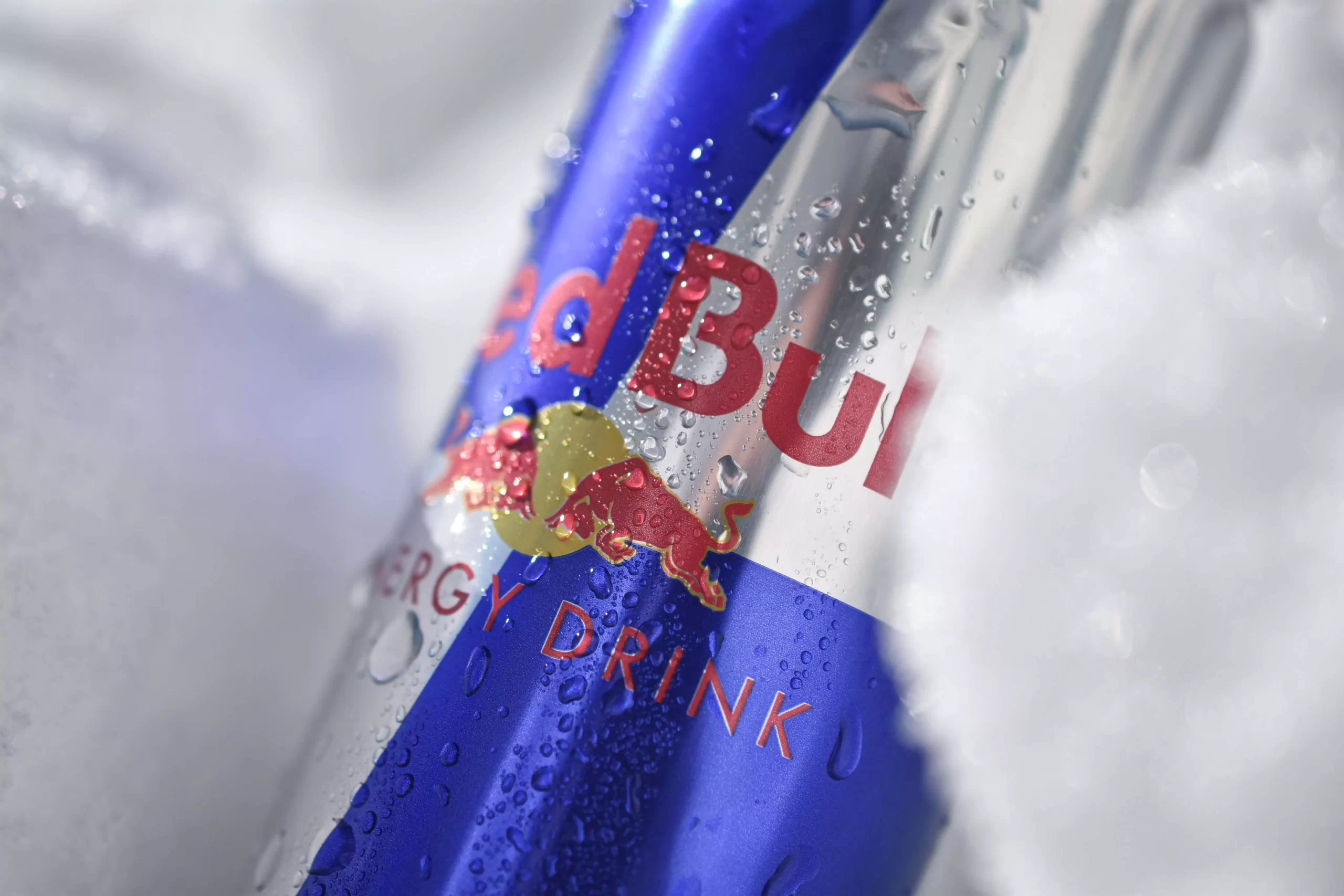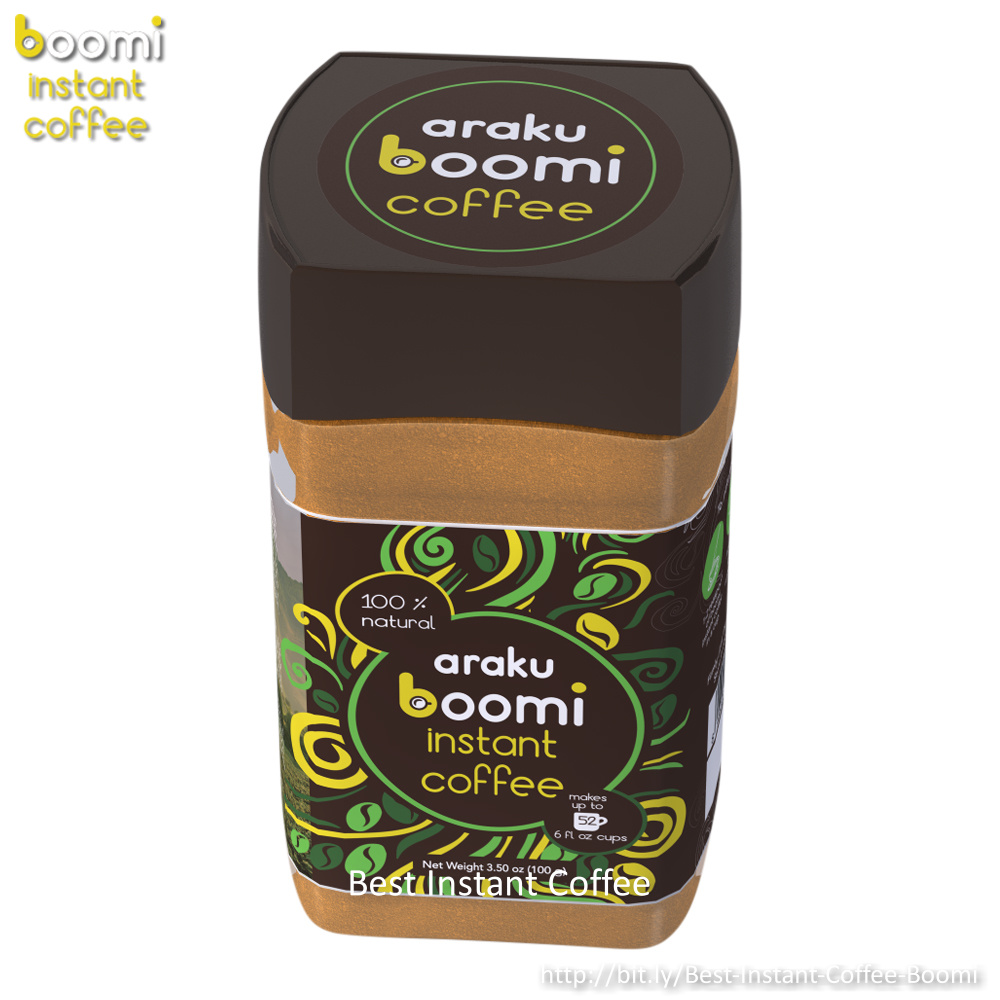Diet Coke remains a go-to beverage for millions seeking a fizzy drink without added sugars or calories. With its iconic silver can and distinct taste, it’s widely marketed as a healthier alternative to regular soda. But how does it actually stack up in terms of nutritional value, ingredients, and long-term health effects? This comprehensive guide breaks down the Diet Coke nutrition facts, helping you make informed decisions about your daily drink choices.

Content
Diet Coke Nutrition Facts at a Glance
Here’s a quick breakdown of the nutritional profile of a standard 12 oz (355 ml) can:
| Nutrient | Amount |
| Calories | 0 |
| Total Fat | 0g |
| Sodium | 40mg (2% DV) |
| Total Carbohydrates | 0g |
| Total Sugars | 0g |
| Added Sugars | 0g |
| Protein | 0g |
| Caffeine Content | 46mg |
It’s marketed as a zero-calorie soda, appealing to individuals who are reducing their sugar or calorie intake. However, the absence of calories doesn’t mean it’s free of all health concerns.
What Ingredients Are in Diet Coke?
Despite its calorie-free label, Diet Coke contains a number of ingredients worth examining more closely. These include:
- Carbonated Water – The base of nearly all sodas, giving it a fizzy texture.
- Caramel Color – Used for the drink’s distinctive dark appearance. Some studies have questioned its safety in large quantities.
- Aspartame – A low-calorie artificial sweetener that provides sweetness without sugar.
- Phosphoric Acid – Contributes to the acidity, impacting taste and dental health.
- Potassium Benzoate – A preservative to extend shelf life.
- Natural Flavors – A proprietary mix of ingredients that define Diet Coke’s unique flavor.
- Citric Acid – Adds a slight tartness.
- Caffeine – A mild stimulant used to boost alertness and flavor balance.
Aspartame remains one of the most controversial ingredients in diet sodas. While the FDA and other global agencies have deemed it safe in regulated amounts, it continues to spark debate over possible long-term effects, particularly in people with metabolic concerns or neurological sensitivities.
How Does It Taste Compared to Other Sodas?
Diet Coke has a distinct flavor profile that’s quite different from both classic Coca-Cola and Coke Zero Sugar. While Coke Zero aims to mimic the original Coca-Cola taste, Diet Coke was developed as a completely new formula. It’s known for its crisp, dry finish with a slightly metallic or chemical aftertaste, which some enjoy and others find off-putting.
If you’re switching from regular soda, expect a learning curve. But many find that after a few tries, Diet Coke becomes a preferred staple due to its lightness and low sweetness.
Caffeine in Diet Coke: Is It Too Much?
One 12-ounce can contains 46mg of caffeine, which is less than the average cup of coffee (95mg) but more than most caffeine-free sodas. Here’s how it compares:
- Diet Coke: 46mg
- Coke Zero: 34mg
- Regular Coca-Cola: 34mg
- Pepsi: 38mg
- Coffee (8 oz): ~95mg
If you’re sensitive to stimulants, even small amounts of caffeine can affect your sleep or cause jitters. But for others, this level is considered moderate and even beneficial in small doses.
Health Impacts and Considerations
Diet Coke offers a calorie- and sugar-free option, but it’s not without health trade-offs. Consider the following:
Pros:
- No sugar: Helps reduce overall sugar intake, especially for individuals with diabetes or insulin resistance.
- Zero calories: Supports weight loss or maintenance when used in place of high-calorie beverages.
- Caffeine boost: Provides a mild energy lift.
Cons:
- No nutritional benefit: Lacks essential nutrients like vitamins or minerals.
- Artificial sweeteners: Aspartame may increase cravings or impact gut microbiota, though research is ongoing.
- Dental concerns: The acidity can weaken tooth enamel over time.
- Possible habit formation: Regular consumption may reinforce a preference for sweet-tasting drinks, making it harder to reduce sweet cravings long term.
How Does Diet Coke Fit into a Healthy Diet?
While Diet Coke can be a tool for reducing caloric and sugar intake, it shouldn’t be relied upon as a health drink. It fits best into a balanced lifestyle when consumed in moderation, alongside whole foods, adequate hydration, and limited processed products.
Best Use Cases:
- As an occasional substitute for sugary sodas
- As part of a low-calorie or low-carb diet plan
- For people with type 2 diabetes looking for sugar-free options
- To satisfy cravings during a transition to healthier habits
Tips for Cutting Back on Diet Coke
If you’re looking to reduce your reliance on Diet Coke—or any diet soda—without sacrificing the comfort of carbonated drinks, try these strategies:
- Swap with sparkling water: Brands like LaCroix or Spindrift offer fizz without artificial sweeteners.
- Gradually dilute: Mix Diet Coke with plain soda water to reduce overall consumption.
- Track intake: Keeping a log can help you recognize habits and create realistic limits.
- Set soda-free hours: Start by limiting soda during certain times (e.g., mornings or after dinner).
- Experiment with alternatives: Herbal iced teas, kombucha, and flavored waters can provide variety without caffeine or synthetic ingredients.
Final Thoughts on Diet Coke Nutrition Facts
Understanding Diet Coke nutrition facts helps you weigh the pros and cons of drinking it regularly. While it’s a better option than sugary soft drinks in terms of calorie and sugar content, it’s not completely without health concerns—particularly due to artificial sweeteners like aspartame and its acidic nature.
If you’re using Diet Coke occasionally to cut back on calories or control blood sugar, it can be a helpful tool. However, long-term health is best supported by beverages that offer hydration and nutrition—like water, tea, or natural fruit infusions.
FAQs
What are the nutrition facts for Diet Coke?
A 12 oz can of Diet Coke contains 0 calories, 0g sugar, 40mg sodium, and 46mg caffeine, making it a sugar-free, zero-calorie beverage.
Does Diet Coke contain caffeine?
Yes, Diet Coke has 46mg of caffeine per 12-ounce can, slightly more than regular Coke and Coke Zero.
Is Diet Coke bad for you?
While Diet Coke has no sugar or calories, it contains artificial sweeteners like aspartame and phosphoric acid, which may have health drawbacks in excess.

Arlene Ross is a health blogger who enjoys writing on her website. Arlene has always had an interest in medicine, and she hopes to become a doctor one day. She loves reading about medical discoveries, especially when they are for rare conditions that don’t have much research yet. She also likes exploring the science behind different diets and nutrition programs.













